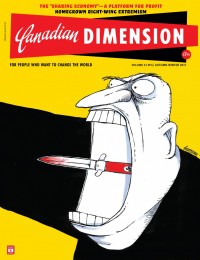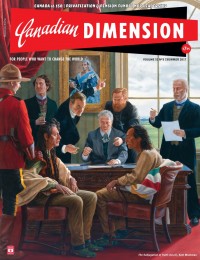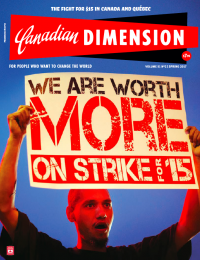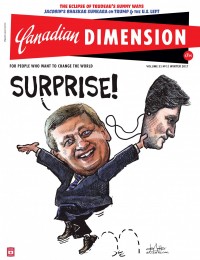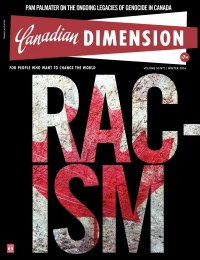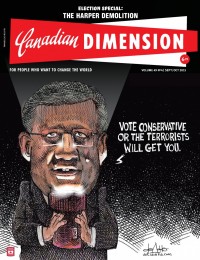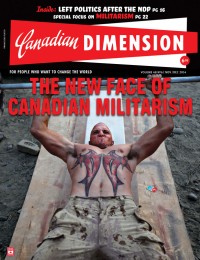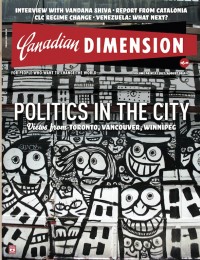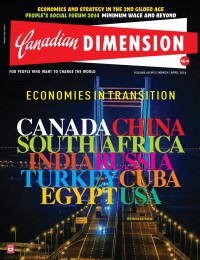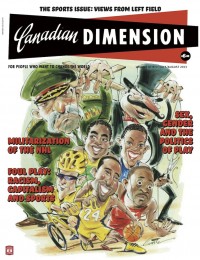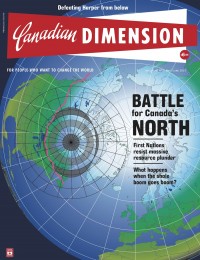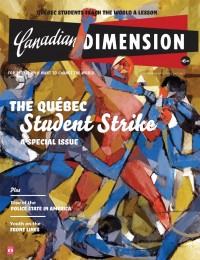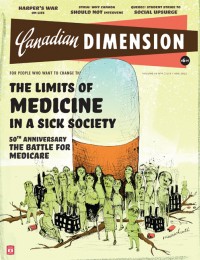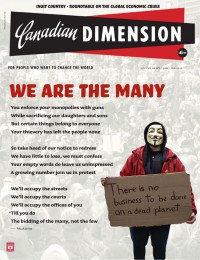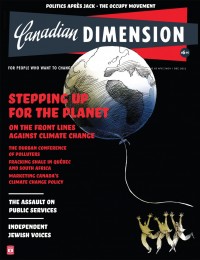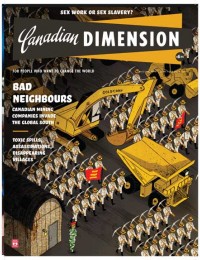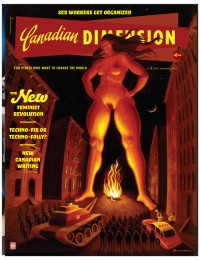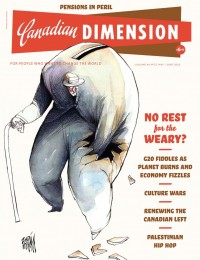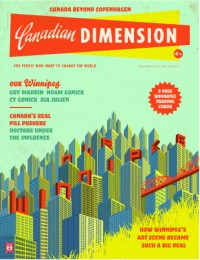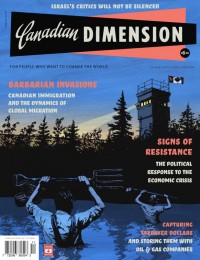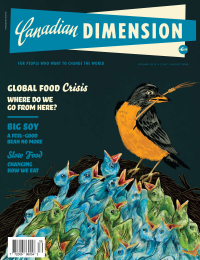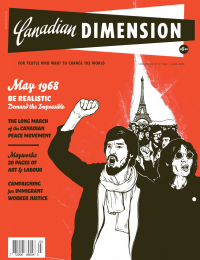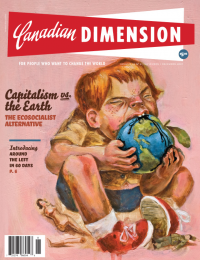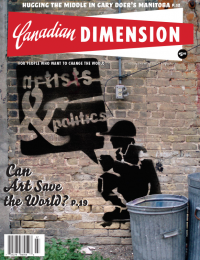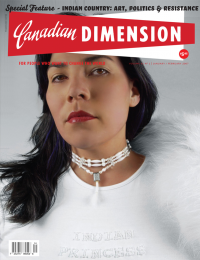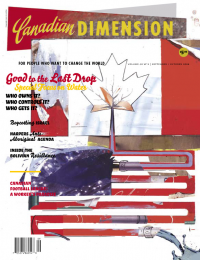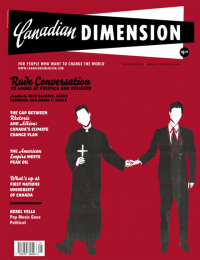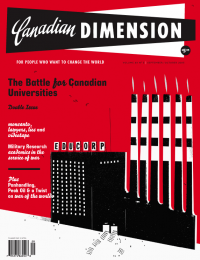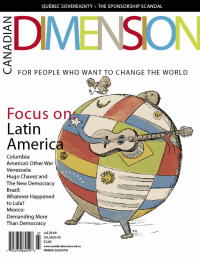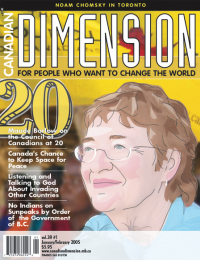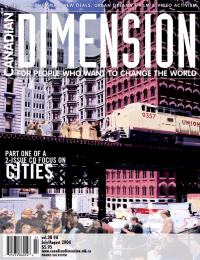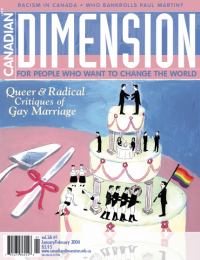What the Election Outcome Means for Québec
There are many things I could say about this nation-changing election, but since I’m a Québecer talking to an English Canadian audience, I want to stress that the routing of the Bloc Québécois should in no way be read as a sign of the waning of national aspirations in Québec, as many anglo-Canadians seem to believe – including some, like Stephen Lewis, who ought to be politically savvy enough to know better. Actually, I would go further still and suggest that this election went quite a long way toward creating the much-discussed “winning conditions” for a referendum on sovereignty.
Many politically progressive Québécois turned away from the Bloc and toward the NDP for two main reasons: One, they saw preventing a Harper majority as a goal that transcended all other interests, and they gambled that a surge of support for the NDP in Québec could create sufficient nationwide momentum to stop or at least contain the Harpercrats. Two, the left-wing of the Bloc in particular was critical of the party’s relative neglect of social issues and fed up with having its vote taken for granted. Moreover, many left nationalists made the point that the Bloc was not really an effective vehicle in the bid for independence and that the question of sovereignty is not going to be settled in Ottawa, but rather in Québec. Hence, they were prepared to support a party that historically has no traction and virtually no base here. Then we can factor in Layton’s personal attractiveness and, conversely, Ignatieff’s total lack of appeal, which ruled the Liberals out as an option for many soft nationalists and francophone federalists.
The fact that the rest of the country gave Harper his sought-after majority will not sit well with those Québecers who feel – rightly – that they did their bit to forestall this outcome. The political cleavage between Québec and the rest of Canada is undeniable: less than 17% of Québec voters supported the Conservatives, while Tory support exceeded 40% in seven other provinces. To my mind, that’s a real recipe for a resurgence of sovereigntist sentiment. Already I see many of my friends and acquaintances feeling very bitter about the election result and seeing it as confirmation that Québec has no home in the Canadian federation. And this time around – and I think I’m not only speaking for myself here – anglo progressives may rally to that point of view. The more Harper imposes his right-wing Republican-style Christian evangelist agenda to transform Canada into a country indistinguishable from the United States, the less reason there will be not to take up the arduous and complex task of building an independent nation in Québec.
- Excerpt from Andrea Levy from ALERT radio, May 3, 2011
Home page photo used under creative commons licensing; http://www.flickr.com/photos/husseinabdallah/















